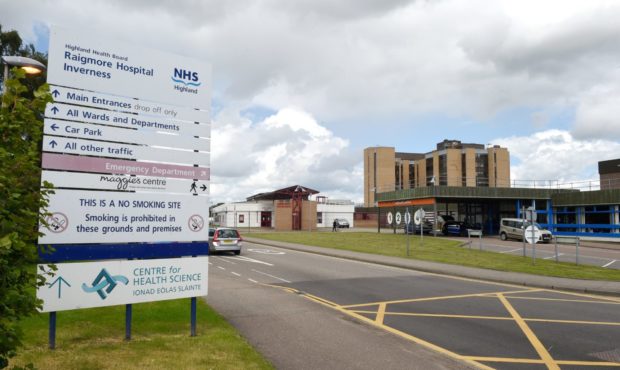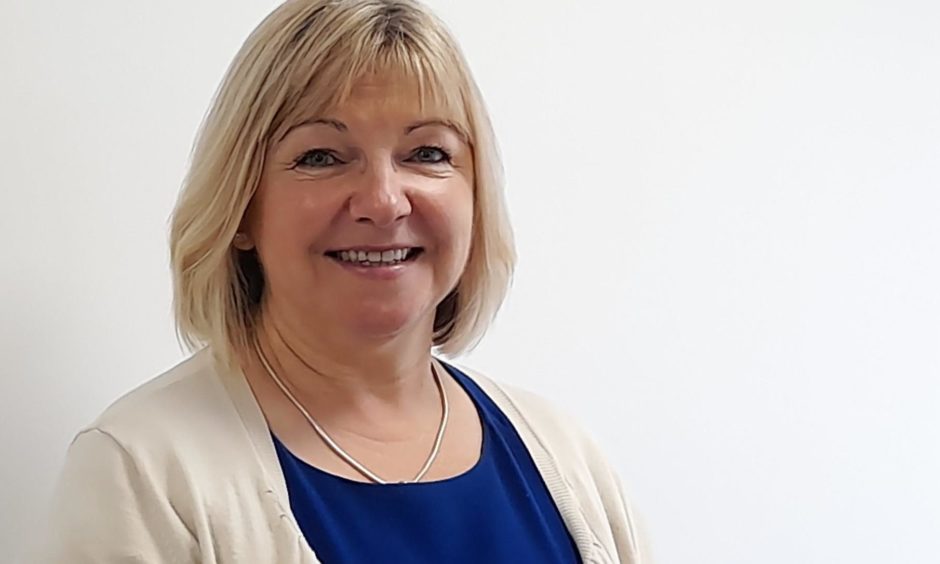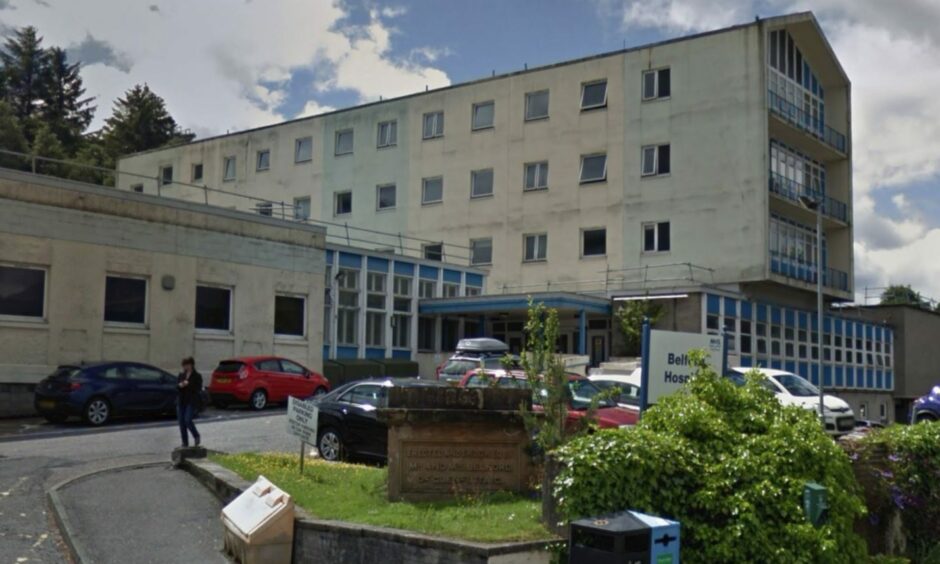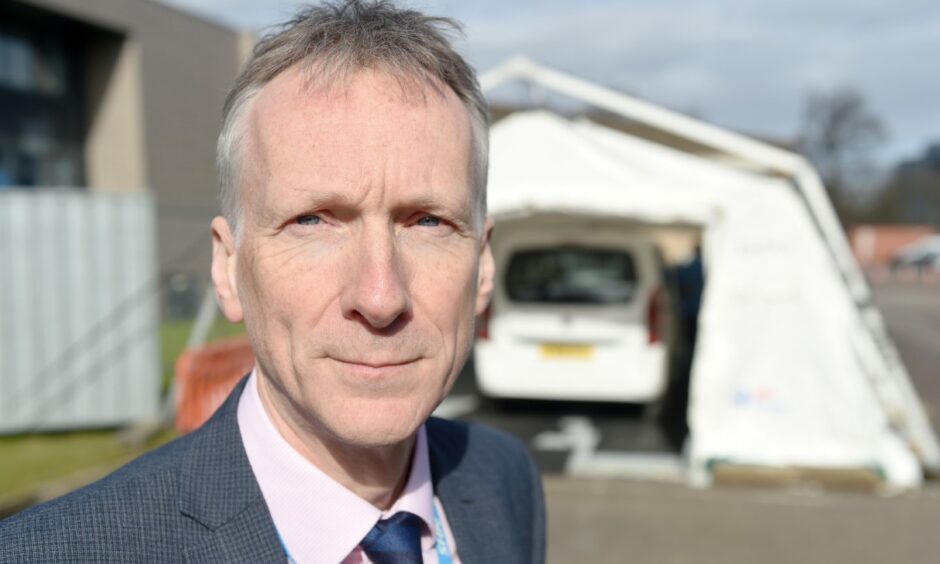Top NHS Highland bosses are visiting busy hospitals across the region after safety concerns were raised about Covid pressures and staff shortages.
Chief executive Pam Dudek recently spent the night working at Raigmore Hospital, Inverness, to find out how staff are coping in the department.
She said it was evident just how busy medics are working in an “extremely challenging” environment.
Dr Boyd Peters, NHS Highland’s medical director, also plans to visit under-pressure hospitals in Fort William and Oban next week.
His visit comes on the back of safety concerns raised by NHS Highland medics working in the west coast earlier this month.
One medic, speaking anonymously to the Press and Journal, claimed staff were “haemorrhaging” out of two Highland hospitals with consultants leaving or being signed off sick.
They said problems over the years stemmed from senior managers rarely visiting rural hospitals to speak to staff on the ground.
In an update on the health service at a board meeting on Tuesday, Ms Dudek said staff shortages across the region were also being impacted by medics signed off with Covid.
“We have noticed an increased pressure on our acute hospital systems where it’s really quite relentless for the staff there in terms of the day-to-day management of the volume [of patients] coming through the door,” she said.
“We’re very aware and hearing about the difficulties for our staff, and looking at how we can take that forward in a different way.”
‘Covid pressures could continue into 2024’
Meanwhile, Dr Peters said medics were worried about the safety and quality of services provided as the health sector continues to face challenges.
He told the board he’s also spent time at Raigmore Hospital and highlighted how valuable it had been to get feedback from local clinicians.
Dr Peters said new waves of Covid are appearing every 6 to 12 weeks.
This could continue to put additional pressures on health services throughout 2023 and possibly into the following year.
“I think everyone knows that there’s no silver bullet, this is the type of pressure that’s existing right across the whole country,” he said.
“But nevertheless it is happening and it’s real and it’s here in our frontline services both in the community and most particularly in the hospitals.”
NHS Highland safety concerns: What is the health board doing to tackle these challenges?
Ms Dudek says health boards from across Scotland are working together to find ways to reduce A&E waiting times.
The Urgent and Unscheduled Care Collaborative launched in June and discussions are ongoing at a national level on the types of measures that will be introduced.
Patients will be offered alternatives to hospital-based treatment.
Recruitment campaigns and flexible retirement plans are also being worked on.
Can patients do anything to help?
The board heard that patients are using health services differently now to before the pandemic.
Rising numbers are turning up at A&E departments with issues that aren’t life-threatening or requiring urgent care.
Ms Dudek urged patients to consider their best option for treatment – which could be seeing their GP or asking a pharmacist for advice.
“We’re not asking people not to come but we’re asking people to think about where they come to and how urgent is their requirement,” she said.





Conversation